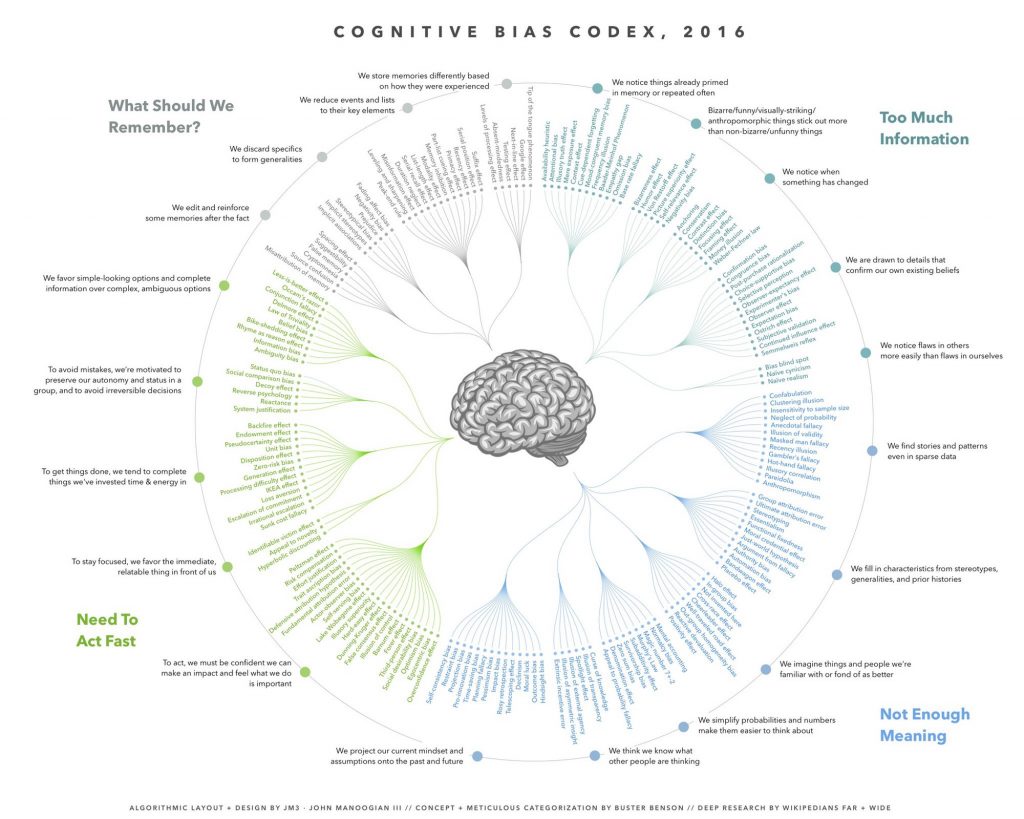As we enter 2017, most people will start to think about resolutions – “new year, new me”. The main resolution seems to be to get healthier: drink less, more exercise, eat better. Year after year the resolutions will mainly peter out, leaving us all the ability to reuse the same ones next year. What I’ve seen over 20161 is a worldwide lack of critical thinking. Social media posts are the main sources of the problem, but recently news outlets have fallen foul of this too. It worries me that all it seems to take is an image and some text and then something becomes “true”. What’s really irritating is this has all been made acceptable by saying we live in a post-truth era, without anyone really trying to do anything about it.
I’ve already written a post that we’re finding it harder and harder to verify that images are real, and how deep learning will only make this worse2. However, all it seems to take is any image with some fake text and instantly there is belief. The US election was surrounded by these types of stories, e.g. this one of Denzel Washington endorsing Trump, getting attention worldwide. Retraction stories just don’t get the same momentum. As the great Tim Minchin says “I don’t believe just ‘cos ideas are tenacious it means they’re worthy”3, popularity does not equate to truth.
The problem is that we are gradually surrounding ourselves in a bubble of reinforcement of our own ideas. We make friends with people that have the same views; we follow people on social media who have ideas that appeal to us. This “information bubble” is well defined, and with machine learning algorithms showing us stories that we should be interested in and/or find pleasing, this is getting gradually worse. We are reinforcing our own biases and this needs to stop.
A colleague at a previous place of work asked me for advice on whose autobiography to read. I recommended she read the history of someone with whom she completely disagreed and challenge her own opinions. Although there was the economic dilemma of funding someone’s ideas that she found distasteful, she did agree that challenging her ideas and opinions on specific individuals would be a good thing. We are constantly fed soundbites and emotive reports designed to make us feel in a certain way, and actively seek out further items to reinforce those feelings.

The first thing you need to do to support your critical thinking resolution is to be aware of cognitive bias and realise when these are affecting your response. There’s a great poster of this that you might want to make your laptop background or even buy the real poster for your wall. The original post by Buster Benson explains all these biases in detail. Read his post, it’s a really good summary of all the problems we subject ourselves. If you hate person X then every time you see something that reinforces that opinion then you’ll probably believe it without question and share it with your own group of friends. If you see something that questions that belief then you’re most likely to dismiss it just as easily. While it’s really easy to put everyone into binary boxes, most people are pretty complex and you’ll have ideas you share even with people you dislike.
Secondly, be aware of logical fallacies used in reports and even memes that are used to sway you. Without being aware of how the arguments are incorrect, you will accept “facts” that have no basis.
Thirdly, even if you have discounted fallacy, and are aware that you are overcoming your cognitive biases, where did this information come from? That tweet about the Queen having died came from a fake BBC news account but spread quickly, followed by an organic #mediablackout spreading through social media because the palace wasn’t commenting on something that was plainly false4. Even if the source is reputable, they can still get it wrong, especially when facts about a major event are still unknown. Keep a healthy scepticism. If in doubt, check Snopes and other sites where they don’t tell you the news just debunk fake stories and images.
Just like logical fallacies in arguments can sway you into a conclusion if you can’t spot them, without understanding your cognitive biases, you will dismiss truth and accept falsehoods.
So, before you like/share/retweet that shocking news story, please take a minute to think whether what you are sharing is real. Check your sources. Even if there is some essence of truth behind what you are reading and the source and images are reputable, check for logical fallacy in the text and be aware of how your own cognitive biases are being manipulated. Then and only then decide whether this is something you want to share.
Make 2017 the year that you make a resolution to think critically and challenge your own biases.
- Although I really noticed it in 2015 getting worse. ↩
- There’s a great post by James Vincent which came out a week after mine that has a lot more links if you want a more scientific post rather than my general discussion – well worth a read. ↩
- From his White wine in the Sun song, well worth a listen ↩
- The account has been suspended and reputable news outlets haven’t even acknowledged the story ↩